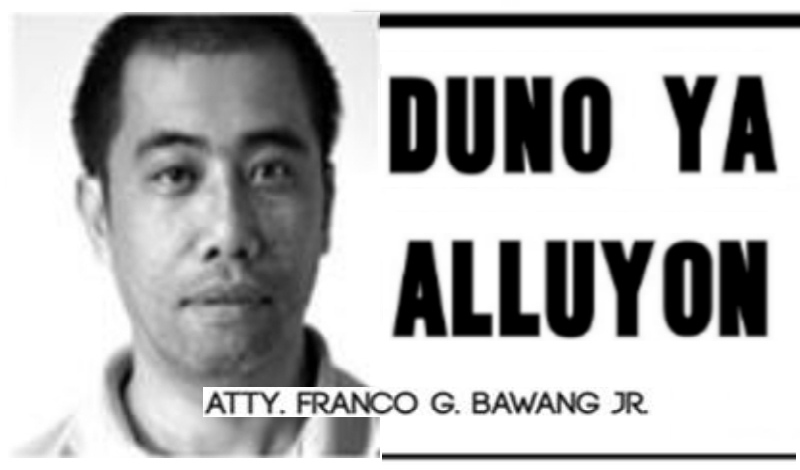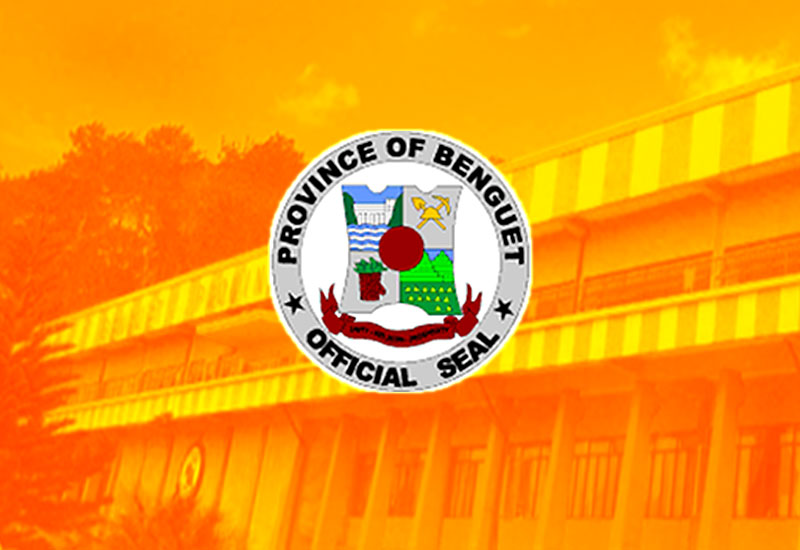As the Indigenous People’s Month comes to an end, I would like to commend NCIP for coming up with a series of talks about the Igorot identity, culture among other topics. There should be more discussions like this in the future and let us also engage the youth in this kind of forum for them to be oriented regarding their roots and ancestry and of course, to bolster our quest for self-determination AKA Autonomy.
We cannot deny the fact that the people in the Cordillera region are as diverse as its language, culture and beliefs. The distinctions are obvious. So, it follows that their views, mindsets and perspectives on issues such as Autonomy varies from tribe to tribe. These people do not think and see things alike. Despite assimilating through inter-marriages and interactions while living and working in a melting pot called Baguio City, we always identify to the tribe where we belong.
Things could be different for people outside the Cordillera who are looking in. They see only one group – the Igorots. They are oblivious of the fact that even our dialects vary from one province to another. It’s not even a tribe, strictly speaking. The word Igorot is just a discriminatory description by the lowlanders of the people in these mountains in general. Well, that is what I was taught. But we embraced the term with dignity and made it as a symbol of pride. We do not even know what language or dialect the word “gorot” or “golot’ came from. We just accepted its meaning as mountain.
Even some of us here in the inside tend to see all tribes the same. We are surprised when other tribes don’t want to be called Igorots. What is even more surprising is that those who vocally claim to be Igorots voted no in the past two referendums.
We often ignore the distinct differences of each of the tribes and even the sub-tribes found in the nooks and crannies of the region. Autonomy, as we have campaigned in almost three decades, suffer setback after setback for failing to consider the fact that each tribe are all different and it should follow that it requires different approaches when dealing with them. Different strokes for different folks, they say.
People from Benguet generally want to be left alone. They love the wide open spaces. It shows in their houses, they live far from one another. They believe they can survive on their own and are comfortable only with their fellow members of the tribe. They are used to this kind of environment and various inconveniences so it doesn’t matter where you put them, whether in Region I or elsewhere. In previous Autonomy campaigns that I attended, they are not even impressed with the huge funding being dangled as bait for them to support autonomy.
Speaking of Autonomy campaigns, I know that it has some advantages but a speaker from one province presenting in another province can sometimes be unappealing especially when he or she is unaware on the thoughts and views of the audience. Our campaigns are more of a dissemination of information and coming from someone who doesn’t even belong to the tribe makes it less interesting. It should be more consultative, more of a coffee shop conversation where the common tao will be encouraged and motivated to voice out their opinions and ideas. We go down to the lowlands and in Manila to seek support but the very people who have a stake in the Autonomy issue remain unheard.














